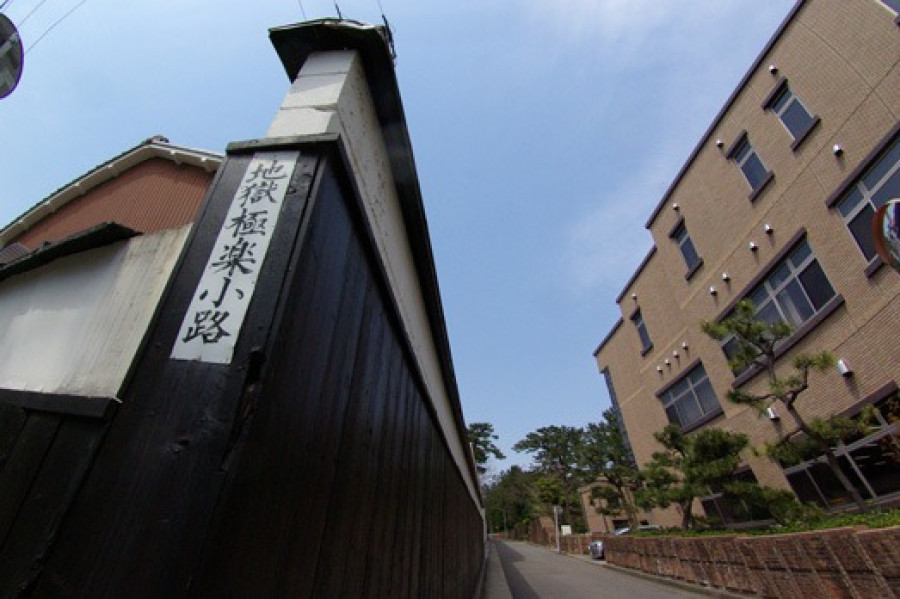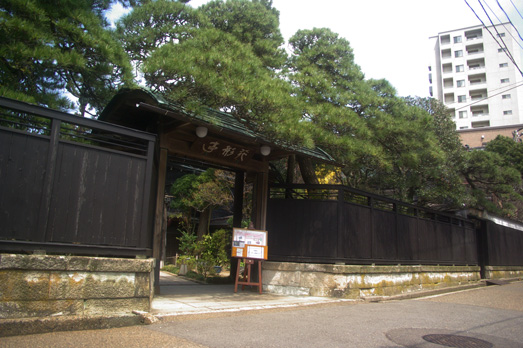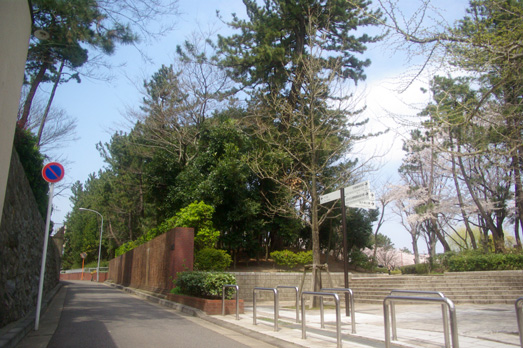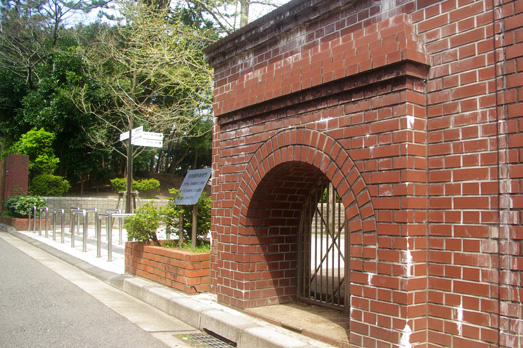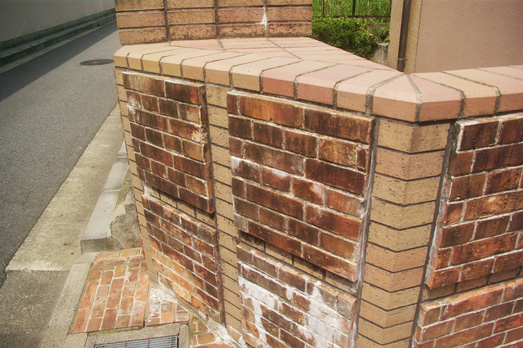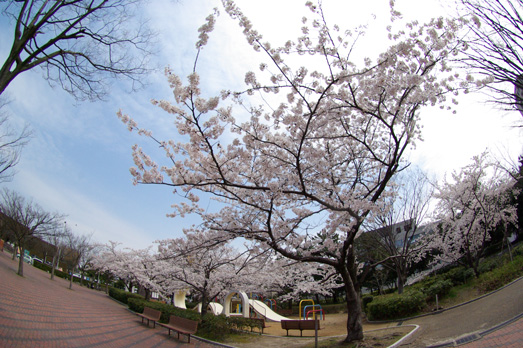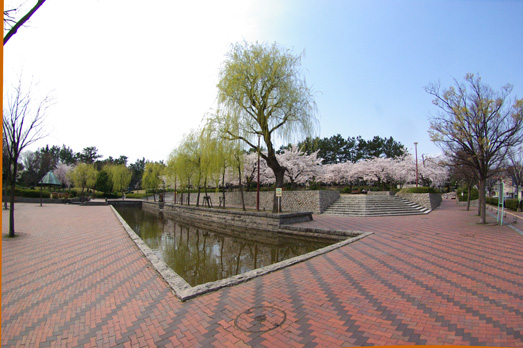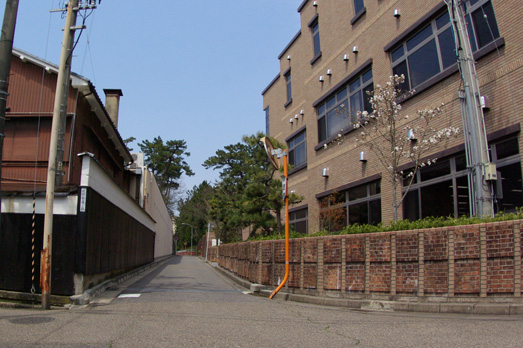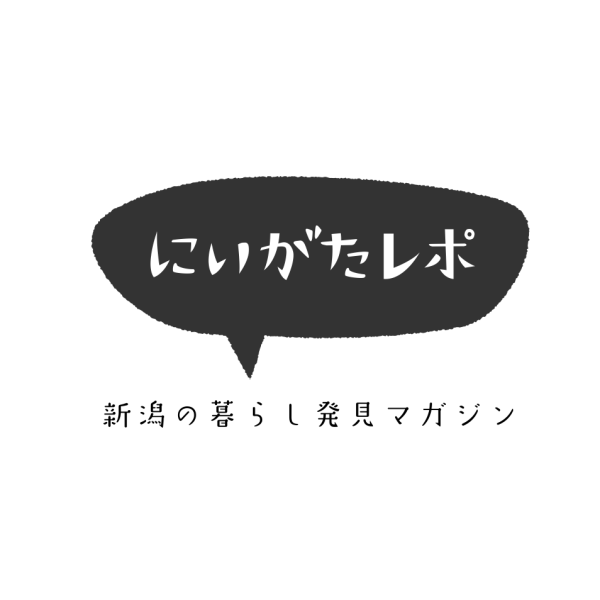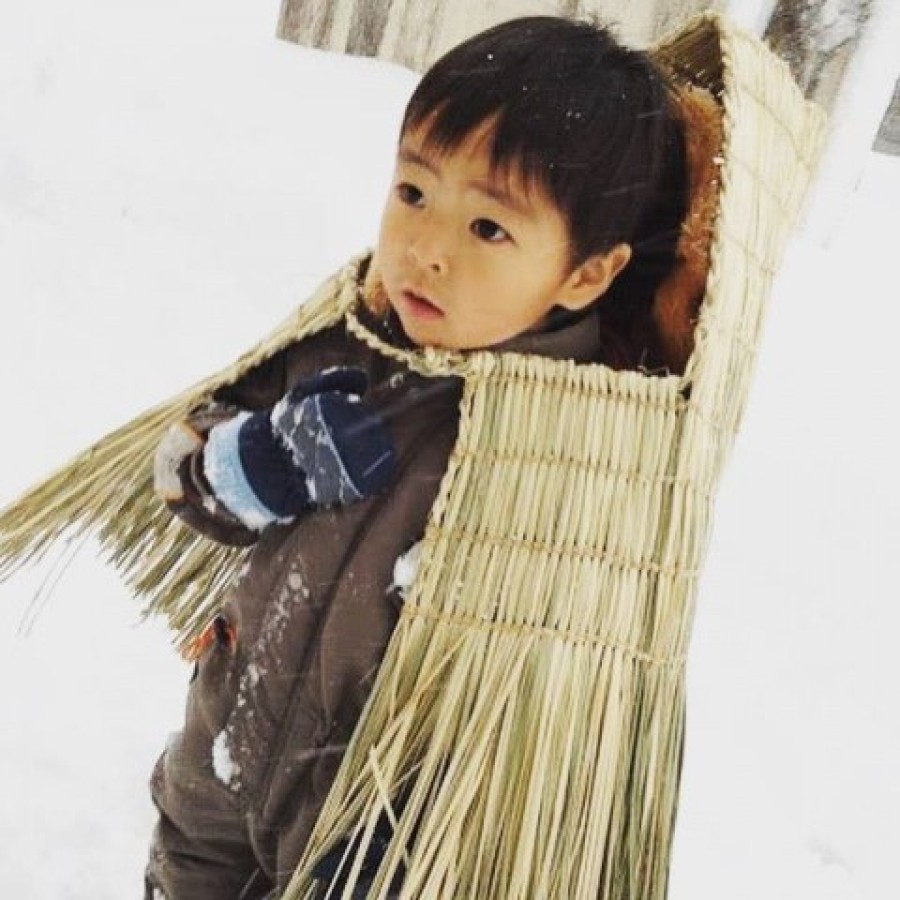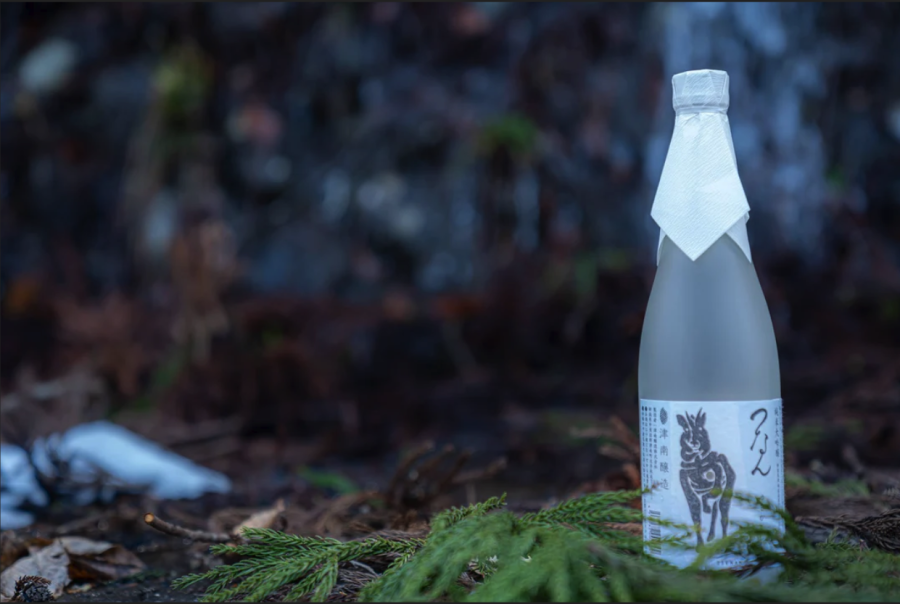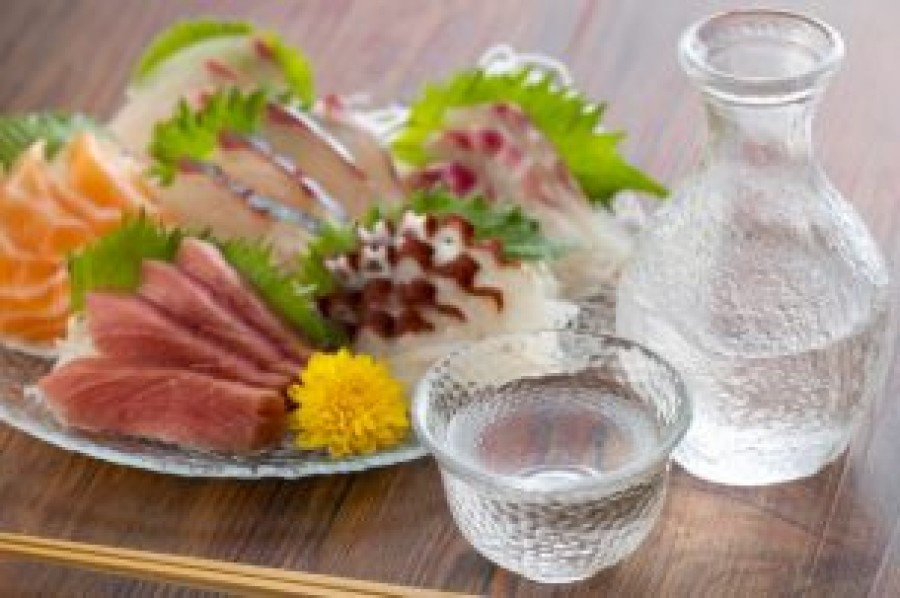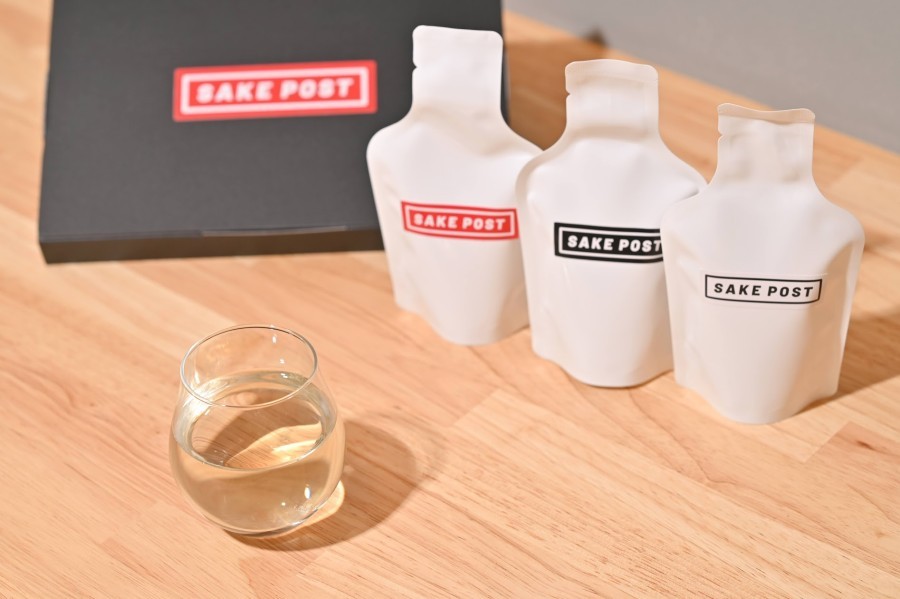There is a street in Chuo-ku, Niigata City, with a rather unusual name.
It is also known as 'Hell's Paradise Alley'.
What on earth could be the reason for such a name?
Some are fine restaurants, some are...
Jigoku Gokuraku Koji is located in Nishi-Ohata, Chuo-ku. It is a narrow alley in front of Nishi-Ohata Park in a quiet residential area, where two cars can barely pass each other.
The black wall seen on the left side towards the photo belongs to Gyogata-tei (Ikinariya).
Along with Nabechaya, Gyogeitei is one of Niigata's leading luxury restaurants. It is said to have been founded in the middle of the Edo period (Genroku era) and is still used for dinners with Niigata geiko.
And across the alley from the Gyogata-tei is the Nishi-Ohata Park.
At first glance, it looks like a normal park, but next to the entrance, there is this...
Small gate. It is made of red brick and looks fashionable, but it is fitted with iron bars.
The gate is actually a scaled-down reproduction of a former prison station (Niigata Prison) service gate.
Yes, the place where this West Ohata Park was located was a prison until 1971.
A "luxury restaurant" and a "prison" - heaven and hell, indeed, were right next to each other, separated by this narrow alleyway.
This is why the narrow street was called 'Hell's Paradise Alley'.
At the time when there was a prison in the area, the Gyogei-Tei's premises overlooked the prison, so prison inmates were able to watch the geiko and their guests playing together. Furthermore, at night, the sounds of shamisen music and singing leaking from the ryotei could be heard by the inmates.
(Reference: http: //sankei.jp.msn.com/region/news/120220/ngt12022016570001-n1.htm )
Hmmm... "Hell" and "Paradise" indeed.
Why did they build another prison station next to a luxury restaurant?
After the prison was relocated, the area was left as a "former prison site" for a while until the "West Ohata Park" was built, which became a favourite playground for neighbourhood children.
However, the high red brick walls that surrounded the prison remain intact, and the contrast with the black walls of the Gyogeitei across Jigoku Gokuraku Koji (Hell's Paradise Alley) creates an indescribable atmosphere.
When the park was developed, the red brick fence was also to be removed. However, local residents regretted its removal, so it was decided to use the bricks from the prison at the time as part of the park's fence wall.
Since we were there, we also stopped by the 'West Ohata Park'.
There are a number of cherry trees planted in the park. The park was built in 1985, so all the cherry trees have grown up to be magnificent. The cherry trees were just at their best.
In addition, the park features a recreation of the former Niigata moat wall (west moat). Willow trees have also been planted.
The Niigata City Art Museum is also located next door here.
What was once the 'hell' side of the city is now a place of recreation and relaxation for citizens, recreating the atmosphere of the port city of Niigata.
Incidentally, the 'Hell' side is not only a park, but also has the Niigata West Pension Office in one of its corners.
I have a faint hope that this one will be a "paradise" retirement, not a "hell".
Spotlight.
kiosk
Nishi-Ohata Park
Niigata City Art Museum
advertisement


